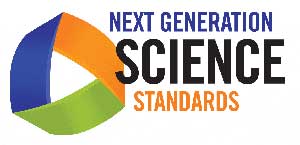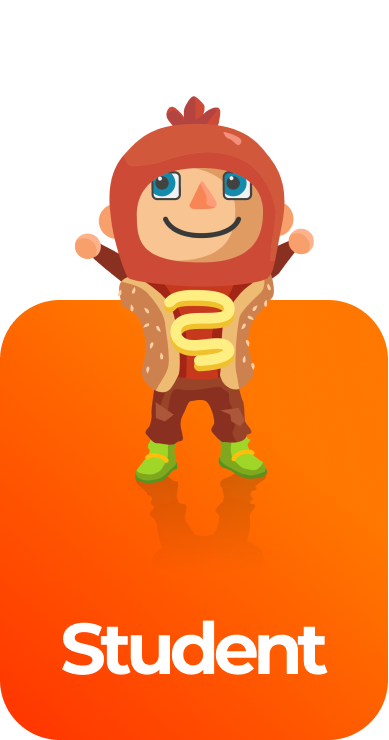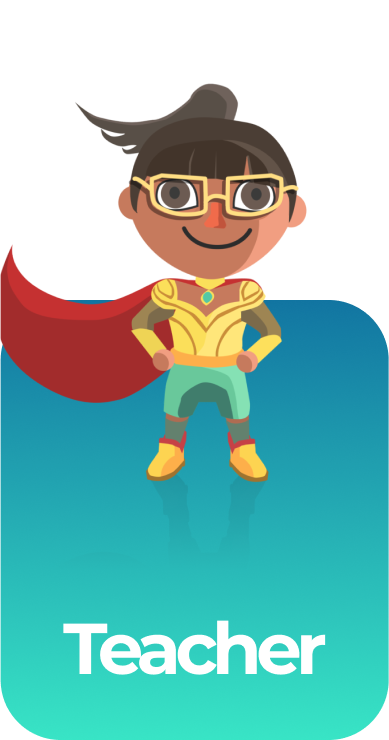Since states began deploying Next Generation Science Standards (NGSS) standards seven years ago, 18 states and the District of Columbia adopted the standards in full. Now many schools and teachers are just beginning their NGSS journey. Finding actual curriculum and content challenges implementation.
NGSS Standards & Content
The NGSS standards seek to create engagement in the classroom. With the NGSS teachers make science learning an active exercise, but finding engaging NGSS content and exercises to achieve that? Now that’s a challenge.
Many teachers visit Legends of Learning for its NGSS content. There are few wide ranging series of content and lesson items for the entire NGSS suite, much less the entire middle school suite (Earth and Space, Life, and Physical sciences). Others are looking for more depth to help students get a grasp of the content.
“For me, the hardest part of implementing NGSS has been that at times I feel like the standards ‘gloss over’ certain topics, then dive straight into others in a lot of detail,” said April T., a Legends of Learning Ambassador. “Sometimes when I feel like if I follow the standards as they are written (with the instructional boundaries/limits), that my students might not have the background they need to learn new material later in the year or in the next grade level.”
Implementation Requires Science, Engineering & Crosscutting Techniques
 While there is great content built off of the NGSS DCI content system available, there is still a wide range of activities that teachers need to take on. Successful implementation requires a multidimensional approach to teaching to be the norm in every science classroom. This requires extending beyond the traditional content first approach. Now teachers must focus on science and engineering practices (SEP) and crosscutting concepts (CCC) requires different ways of thinking, lesson planning, and daily instruction.
While there is great content built off of the NGSS DCI content system available, there is still a wide range of activities that teachers need to take on. Successful implementation requires a multidimensional approach to teaching to be the norm in every science classroom. This requires extending beyond the traditional content first approach. Now teachers must focus on science and engineering practices (SEP) and crosscutting concepts (CCC) requires different ways of thinking, lesson planning, and daily instruction.
In the case of SEP, teachers need to implement exercises that help students embrace the principles of scientific inquiry. On the engineering side, teachers challenge students to define a problem and resolve it via a solution. Other principles involved in NGSS’s view of SEP, include:
- Developing and Using Models
- Analyzing and Interpreting Data
- Using Mathematics and Computational Thinking
- Engaging in Argument from Evidence
- Obtaining, Evaluating, and Communicating Information
About Those Cross-Cutting Concepts
Though more intuitive, CCC teaching challenges educators in different ways. Traditionally, teachers give lessons in an isolated, linear fashion. NGSS assumes that various aspects of science and its topics cut across lessons.
For example, one might learn that seeds germinate and produce plants (Life Science), but weather and climate changes may create new challenges that prevent the plant from successfully growing.
NGSS recommends teachers make sure that students understand the following crosscutting concepts:
- Patterns
- Cause and Effect
- Scale, Proportion, and Quantity
- Systems and System Models
- Energy and Matter
- structure and Function
- Stability and Change
“There is a big push to make sure that our students are becoming comfortable identifying and explaining the SEPs and CCC’s that are being presented in our different units and activities,” added April T. “We were given 1/2 day PD time this year to plan with our grade level cohort (or as a department, schools go to determine how they wanted to use their time). We came up with an activity or a system (it was pretty open ended) to make sure the SEPs and CCCs are being embedded into our instruction.”
Learn More From An Experienced Online Educational Game Company
NGSS challenges teachers to create lessons that address all three principles; DCI, SEP, and CCC. Many teachers actively seek out the resources and getting the training to succeed. To help, our next blog in our series will offer a series of content and lesson plan resources to help teachers bring the new standards to the classroom.
For more information call Legends of Learning at 888.585.1317 or by contacting them online.



